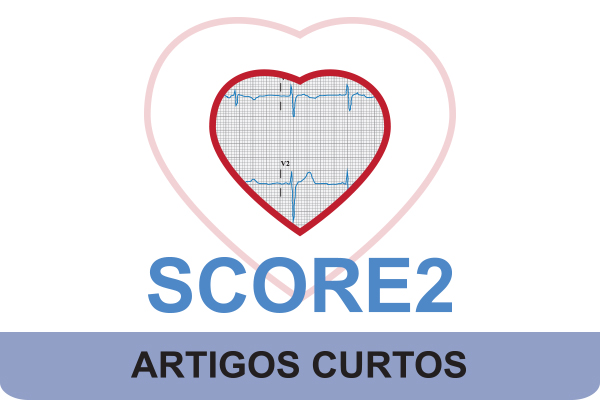SOCIAL MEDIA
Portuguese Medical Association's Scientific Journal

Cardiovascular diseases are the leading cause of death globally. The objective of this study was to estimate the 10-year cardiovascular risk in the Portuguese population using the new Systematic Coronary Risk Evaluation 2. Data from the first National Health Examination Survey from 2015 were used. Inclusion criteria were age between 40 and 69 years, absence of pregnancy, available information on sex, age, smoking status, systolic blood pressure, total cholesterol, and high-density lipoprotein cholesterol. Participants who had an acute myocardial infarction or a stroke, had diabetes, chronic kidney disease, or reported taking medication for these conditions were excluded from the analysis. The prevalence of high and very high cardiovascular risk was stratified by sex, age group, marital status, education level, occupational activity, degree of urbanization of the area of residence, health region, and income quintile. The sample consisted of 2817 individuals. In Portugal, in 2015, 36.7% (95% CI: 34.2 - 39.3) and 6.1% (95% CI: 4.8 - 7.4) of the individuals aged between 40 and 69 years had a high and a very high risk of having a cardiovascular disease in the following 10 years, respectively. In 2015, there was a high percentage (42.8%) of the Portuguese population aged 40 to 69 years in high or very high risk of developing cardiovascular disease (fatal and non-fatal) in the following 10 years. A possible explanation may be the high prevalence of risk factors for cardiovascular disease in Portugal.